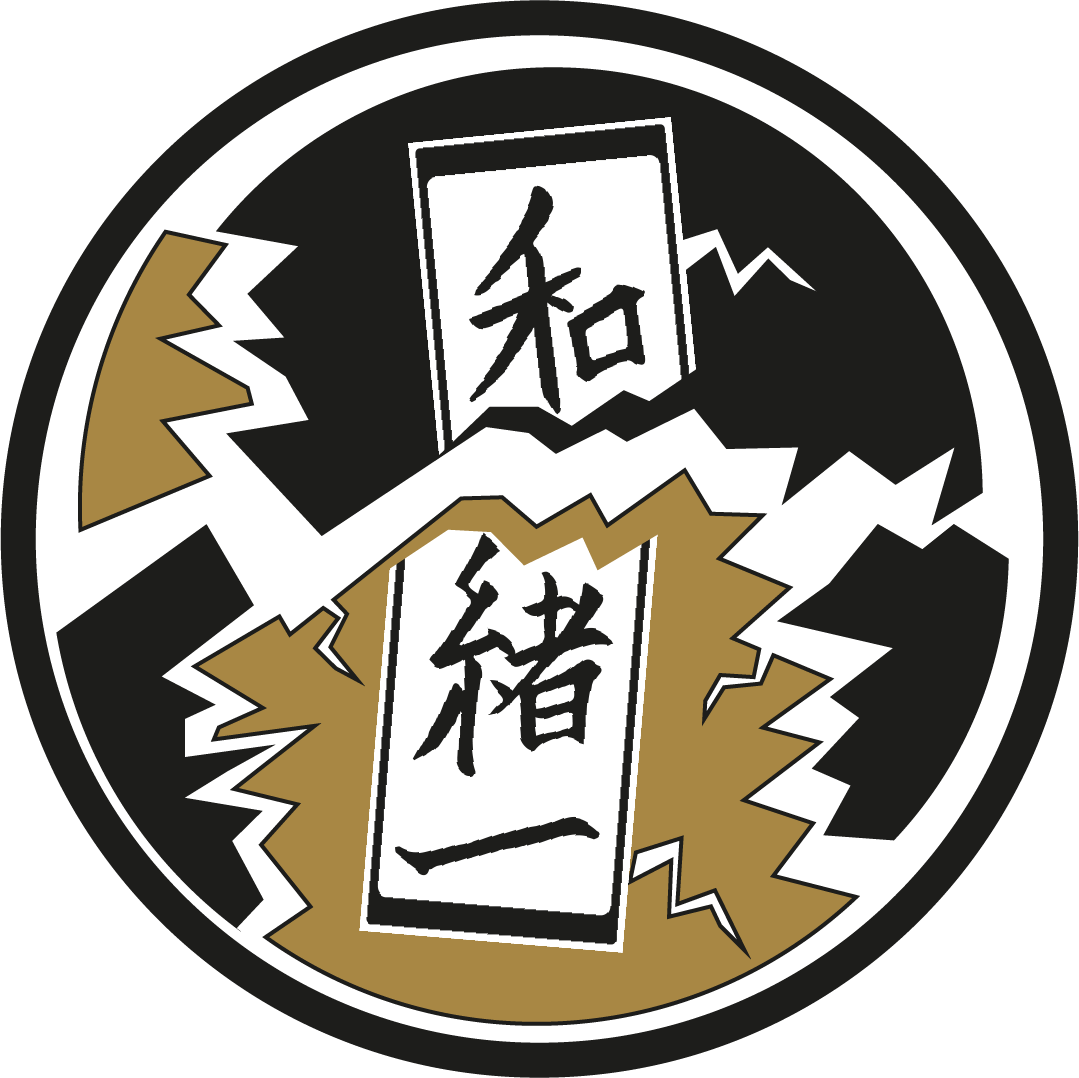It Is Hot, Isn’t It
Summer 夏 natsu in Japan can be very rainy at times, since the rainy season lasts more or less since early June until mid July, but then mostly it is just really hot. And if you are planning to engage in small talk in Japan – and you are – weather-related phrases will definitely come in handy, so this time we will take a look at some interesting vocabulary on the topic. (You might also be listening to a Japanese weather forecast someday, who knows.)
The sentence that you will hear everywhere in summer is 暑いですね atsui desu ne – ‘it’s hot, isn’t it’. And it will be hot indeed. But on some days the heat will exceed the scale and become even more unbearable than usual, which is what we call a heat wave – in Japanese, 猛暑 mōsho, literally fierce heat. Sometimes you might also see the word 熱波 neppa, which is literally ‘heat wave’.
But what makes the summer in Japan so difficult is that it is not only hot, but also very humid. You will surely feel the difference on yourself when you go out. Such weather is not only 暑い – it is 蒸し暑い mushiatsui, hot and humid. If you have only started learning Japanese some time ago and hear the word mushiatsui, you might think of another mushi, the insect 虫, but they have nothing to do with each other (linguistically; when it comes to summer and insects, though, you will find more correlation than you wished for). The mushi here comes from the word ‘to steam’ 蒸す musu.
Interestingly, in order to measure the experience of feeling bad you might refer to something called 不快指数 fukai shisū, literally ‘the discomfort index’, which combines air temperature and relative humidity to describe when people suffer the most in hot weather. Subjectively, we think it might be during 熱帯夜 nettaiya, a night when the temperature does not fall below 25°C.
We do wish you an enjoyable summer, though – no matter the weather!
Written by AL

